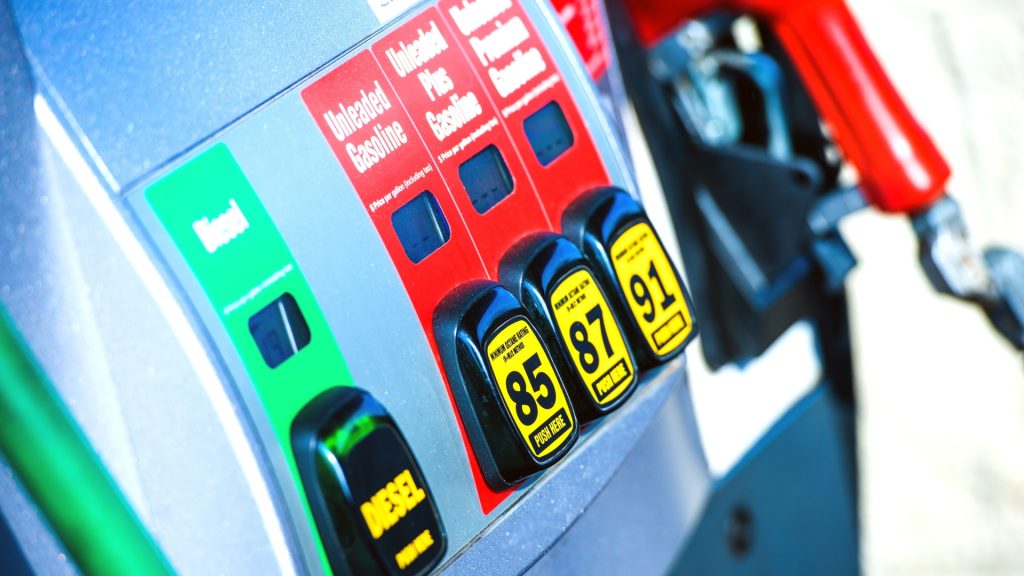
Utah House Speaker Mike Schultz said Utah lawmakers are continuing work to keep energy affordable for families, as national fuel prices fall but drivers in Utah still feel squeezed.
“Four years ago, we started asking tough questions about Utah’s energy crisis,” Schultz said in an October update. “It wasn’t an easy conversation for anyone. But that’s our job as lawmakers to ask questions, push for answers, and always keep Utah families in mind. And guess what? Now we are seeing the results.”
Utah boasts some of the lowest energy costs in the nation because of the state’s all-of-the-above approach to power generation. Still, Schultz said, the regional gas market tells a different story. “Gas prices are dropping,” he said. “Yet, here in Utah – we haven’t seen the same relief – even though we have five refineries right here in our own front yard.”
Utah produces about 1.5 times the fuel it consumes; yet, Utahns don’t see the benefit at the pump.
A legislative analysis shows Utah builds refining capacity while bearing the full impacts on air quality and infrastructure, while neighboring states collect the sales tax revenue on exported fuel. Broader taxation approaches on fuel manufacturing could help lower pump prices for Utahns over time.
The state’s five refineries produce roughly 220,000 barrels of fuel per day, but up to 75,000 barrels are exported to meet demand in neighboring states. Schultz said, Utahns bear the full burden of those costs while other states share in the benefits. “I want a better deal than that,” he added.
House and Senate lawmakers are working closely with “refinery operators, fuel leaders and key stakeholders to push for lower gas prices for Utah drivers” as part of broader efforts to keep life affordable across the state. Policymakers are reviewing tax policy reforms that could ensure Utah drivers receive more of the economic benefit from locally refined fuel.
The speaker said Utah refineries are important to the state’s economy and workforce. However, states like California have adopted restrictive clean-fuel rules, reducing refinery capacity by about 12 percent in the past decade and driving up wholesale gasoline costs on the West Coast. That creates a supply pull into states such as Nevada and Idaho that compete for compliant fuels, raising costs in Utah as well.
“There’s only so much we can do as a state to impact gas prices, but we’re going to do what we can to ensure Utahns get a fair shake at the pump,” Schultz said. He added that higher fuel prices drive up costs for families on essentials like groceries and deliveries.